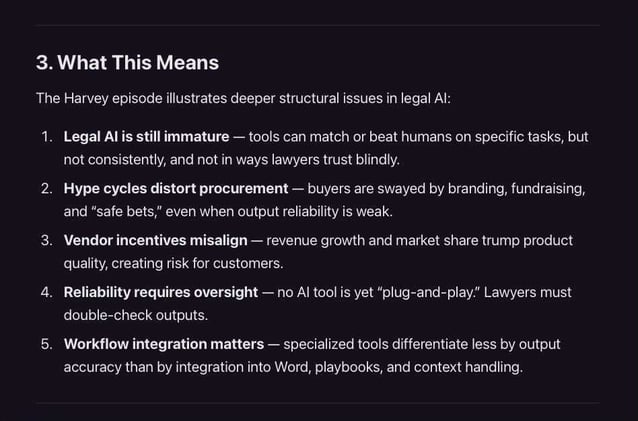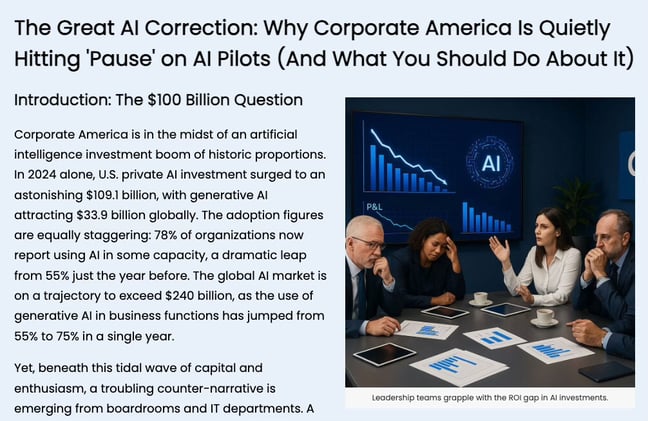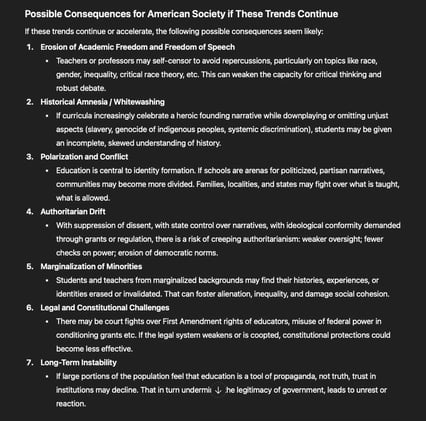- Pascal's Chatbot Q&As
- Archive
- Page 28
Archive
Roblox’s global troubles—from regional bans to U.S. lawsuits—reveal a platform struggling under the weight of its own scale and a fundamental disconnect between safety rhetoric and platform reality.
Roblox must reinvent its safety model, rebuild public trust, and prioritize ethical action over corporate image.

The promise of legal AI is real — but until incentives align with quality, lawyers must guard against the illusion that bigger and better funded means better results.
Legal AI is still immature, Hype cycles distort procurement, Vendor incentives misalign, Reliability requires oversight, Workflow integration matters, Run your own benchmarks, Use multiple tools.

Judge William Alsup of the Northern District of California granted preliminary approval to a $1.5 billion settlement in Bartz v. Anthropic—a case that has already earned its place in copyright history
It's the largest recovery in a copyright dispute, dwarfing earlier settlements involving music, film, and publishing sectors. Building the future won’t excuse borrowing the past without permission.

These billionaires have struck a Faustian bargain—trading their industry’s independence and moral authority for tax breaks, deregulation, and proximity to power. But the cost isn’t just theirs.
It may be democracy’s. For the rest of the world, the warning is clear: Don’t outsource your future to men who dream of Mars but build dystopias on Earth.

Shein allegedly uses AI-powered surveillance tools to scour social media, competitor sites, and broader internet platforms for popular or emerging designs.
Once identified, these designs are either copied directly or subjected to minimal modifications before being transmitted to Shein’s manufacturing partners for rapid mass production.

AI adoption cannot be left to hype-driven initiatives or unexamined optimism. Boards and executives must approach AI with the rigor of any other strategic transformation...
...grounding projects in clear business cases, aligning them with P&L goals, and investing in robust data governance. Successful AI integration requires cross-functional collaboration.

GPT-4o: I do think there is indeed a real effort underway by parts of the current U.S. political / educational / administrative establishment to promote patriotic, nationalist narratives in education
...to discipline and suppress dissenting voices among educators, and to shift public resources toward ideological agendas. Warning signs are real, dangerous trends seem to be accumulating.

Amended Suno complaint reflects strategic shift. By directly accusing the company of violating anti-circumvention laws, illegal scraping and generating outputs indistinguishable from copyrighted works
...the record labels are laying the groundwork for a watershed ruling shaping AI training, copyright enforcement, and the emerging frontier between machine-generated and human-created culture.

This fusion of governmental authority with quasi-religious language, where dissent is condemned as immoral and illegitimate, creates an environment of immense pressure on media & technology platforms.
This analysis seeks to determine whether the dynamics of self-censorship, commercial accommodation, and political appeasement seen in the 1930s are being replicated today.

AI adoption for large enterprises: Contrasting the successful, aligned strategies of pioneers like DBS Bank and Colgate-Palmolive with the cautionary tales of misalignment from IBM Watson and Zillow.
A strategic guide for enterprise leaders to move beyond fragmented experimentation and re-architect organizations into cohesive, AI-fueled engines capable of scalable and continuous value creation.












